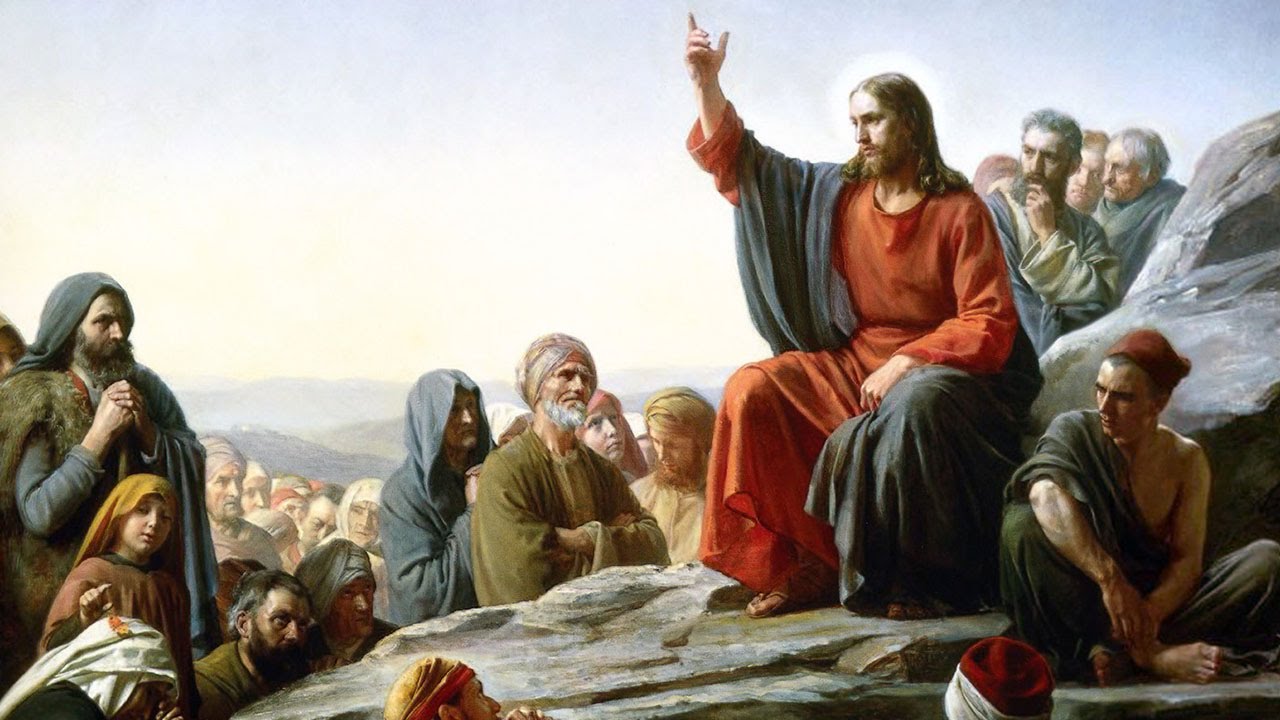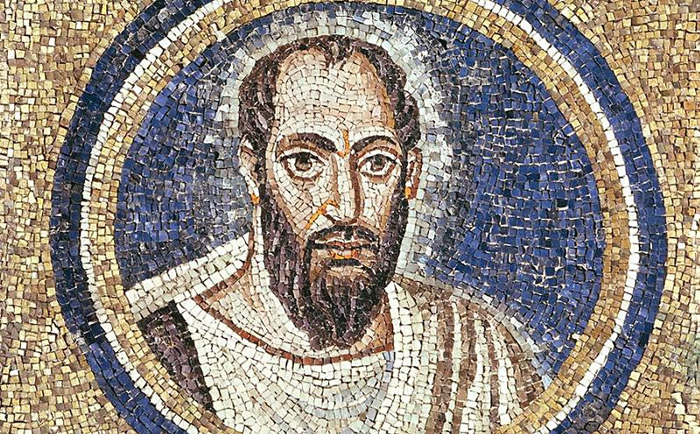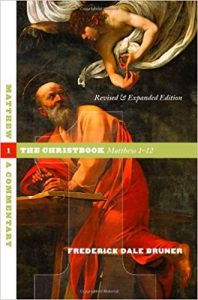 At the end of Luke 10, the evangelist records Jesus’ visit to Martha and Mary’s house in which Mary sat at the Lord’s feet and ‘listened to his Word’ (NASB). Jesus commended Mary saying that “only one thing is necessary” and that “Mary had chosen the good part.” The most important thing for any disciple is to do what Mary did: to hear—and then do—Jesus’ word. This is the foundation of Christian life and mission.
At the end of Luke 10, the evangelist records Jesus’ visit to Martha and Mary’s house in which Mary sat at the Lord’s feet and ‘listened to his Word’ (NASB). Jesus commended Mary saying that “only one thing is necessary” and that “Mary had chosen the good part.” The most important thing for any disciple is to do what Mary did: to hear—and then do—Jesus’ word. This is the foundation of Christian life and mission.
Many and perhaps even most Christians would agree with this sentiment. In practice, however, it is possible that our theological convictions might make this harder than we initially imagine. This may be the case especially for Protestants, and specifically for those evangelical Christians who, like myself, consider careful doctrine an essential aspect of Christian faith and life.
A case in point is found right here in Luke 10. Immediately preceding the story of Martha and Mary is the story of the Good Samaritan, which Jesus tells in response to a question posed by a ‘lawyer’—an expert in the Mosaic Law:
And a lawyer stood up and put Him to the test, saying, “Teacher, what shall I do to inherit eternal life?” 26 And He said to him, “What is written in the Law? How does it read to you?” 27 And he answered, “You shall love the Lord your God with all your heart, and with all your soul, and with all your strength, and with all your mind; and your neighbour as yourself.” 28 And He said to him, “You have answered correctly; do this and you will live.”
The lawyer’s question is focussed on the issue of obtaining eternal life, and Jesus directs him back to Scripture, and appropriately in the time and context, to the Law. When the lawyer answers, Jesus commends him, “You have answered correctly; do this and you will live.” The lawyer then takes it further, asking, ‘Who is my neighbour?’ and Jesus tells the parable of the Good Samaritan, elaborating on what it means to love one’s neighbour. The Samaritan stops, sees, serves, and sacrifices; he gets involved personally and acts, even to one who typically would despise him. This is an active, practical love that ‘costs’ the Samaritan in terms of time and money—though the ‘cost’ of such love is not even raised in the parable. And Jesus instructs the lawyer to “go and do likewise,” for this is the way to eternal life.
Do this and you will live!
The difficulty for Protestants and many evangelicals in particular, is that we have such an investment in a Pauline-Reformational doctrine of justification by faith, that Jesus’ words sound like a form of ‘works-righteousness,’ and as such, stand in tension with a doctrine of salvation in which we are ‘saved by faith and not by works.’ The great temptation, then, is perhaps to overlook Jesus’ words, to bypass them, explain them away, harmonise them to Paul’s teaching, or in some other fashion, to side-step and avoid them—precisely the opposite of what we hear in the Martha and Mary story.
This we must not do! The one essential thing is to hear Jesus’ words, let them stand, let them be heard, let them challenge us, let the tension remain unresolved if necessary, even if Jesus’ words and teaching challenge our most cherished doctrines.
(I note here I. Howard Marshall’s judgement that “There is all the difference in the world between the loving service of God commended here and the salvation by works of the law which Paul condemned”—The Gospel of Luke [NIGTC], 440).
Do this and you will live!
Here, in shortest possible compass, we have an instance of Jesus’ doctrine of salvation: love God and love your neighbour—and to do so in the most concrete, personal, and engaged sense imaginable. Certainly a systematic theology may legitimately seek to understand the relation between Jesus’ words and Paul’s, but never at the expense of setting either aside, or diminishing the force and impact of Jesus’ teaching. Certainly we might argue that Jesus’ command here presupposes faith in God, even if it is a faith before the cross and resurrection. But if it comes down to a choice between Jesus’ words and our doctrine, go with Jesus every time.



